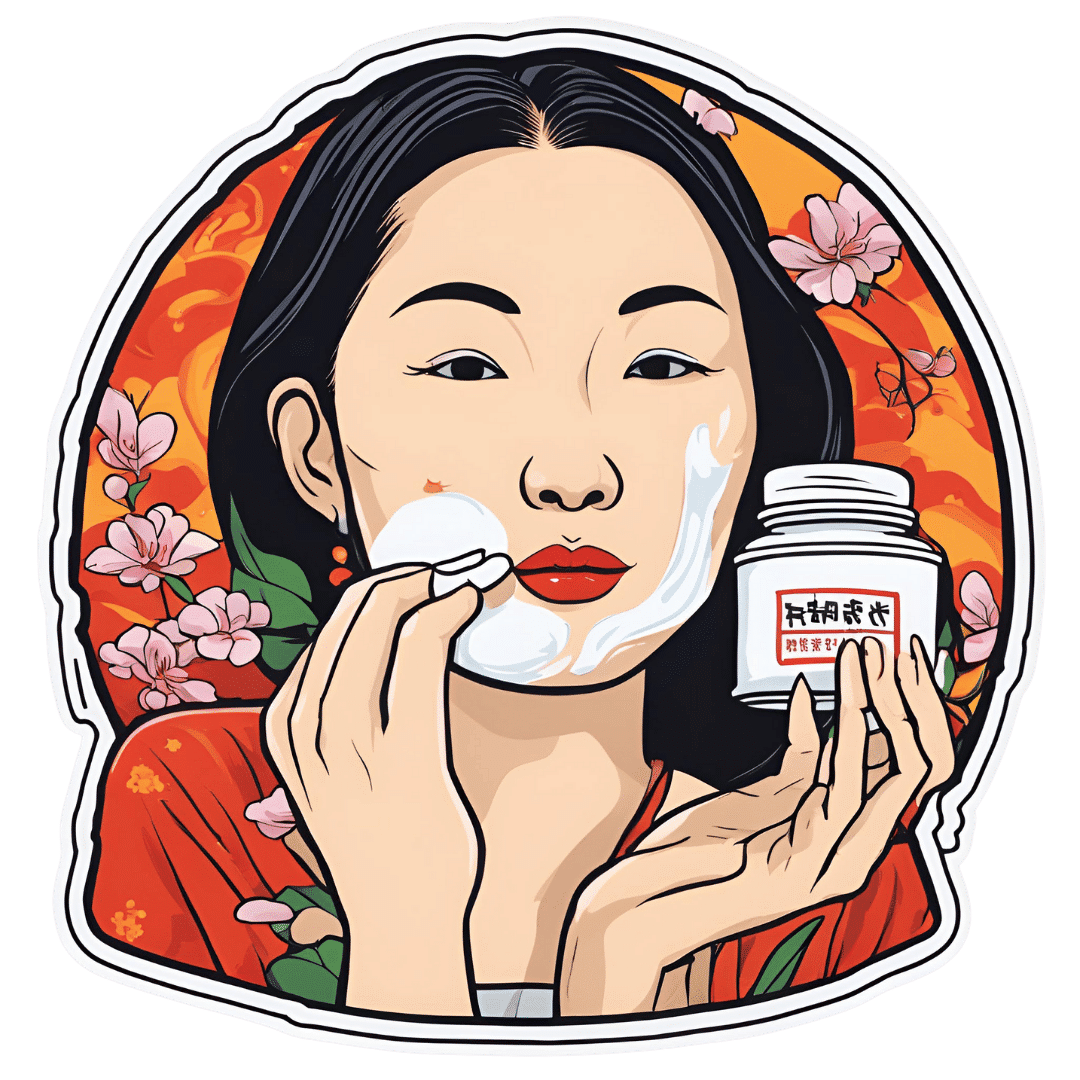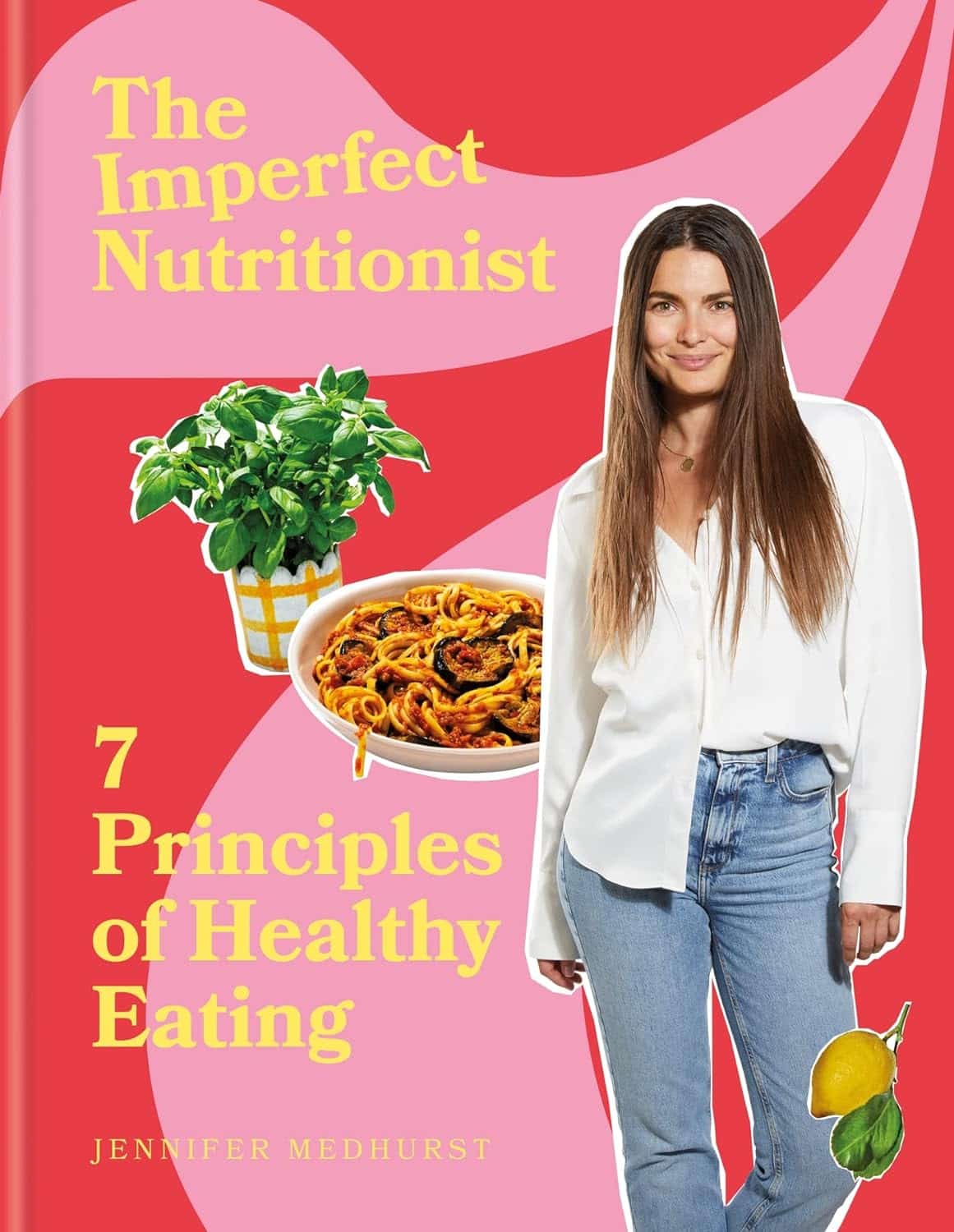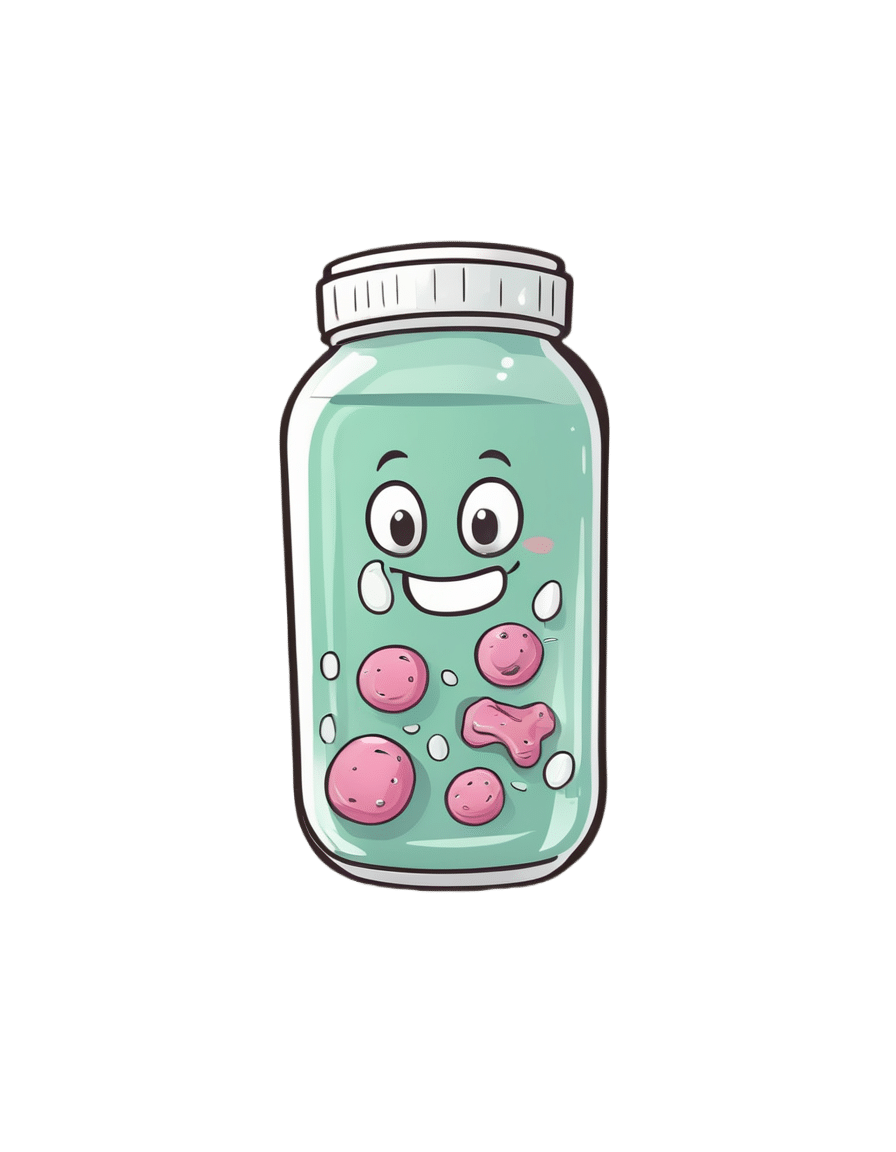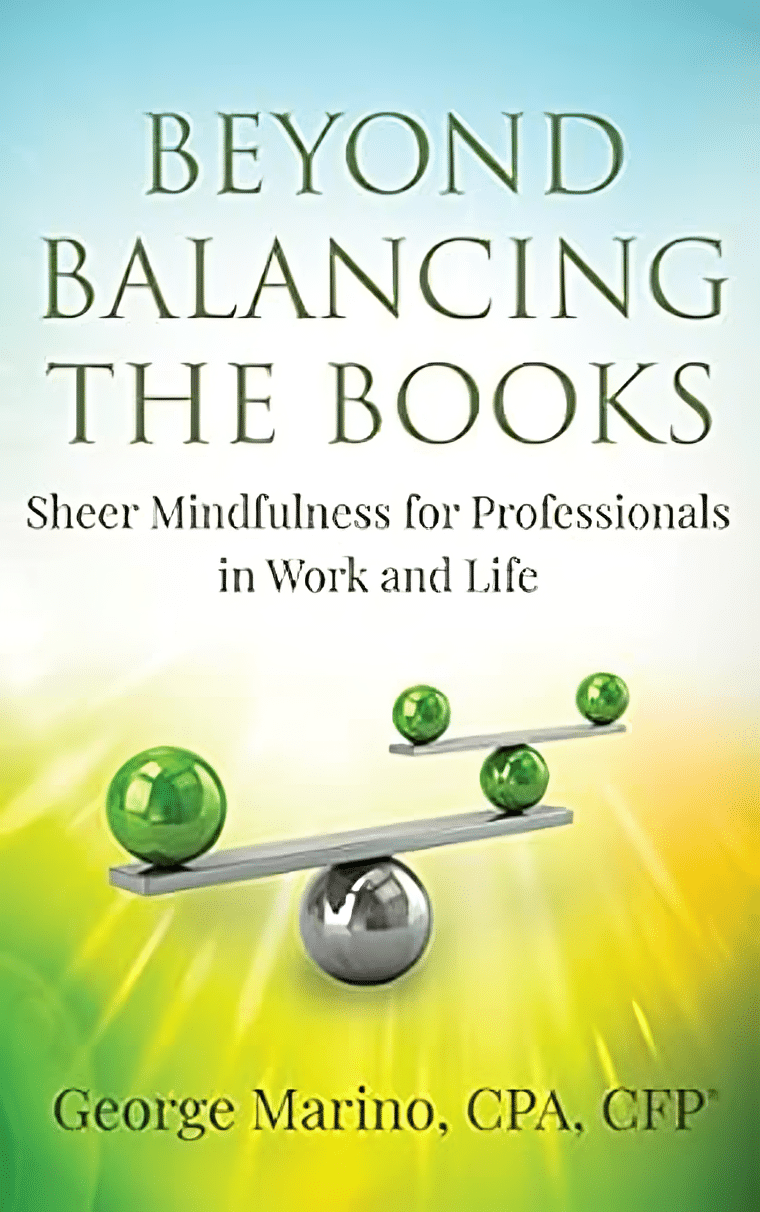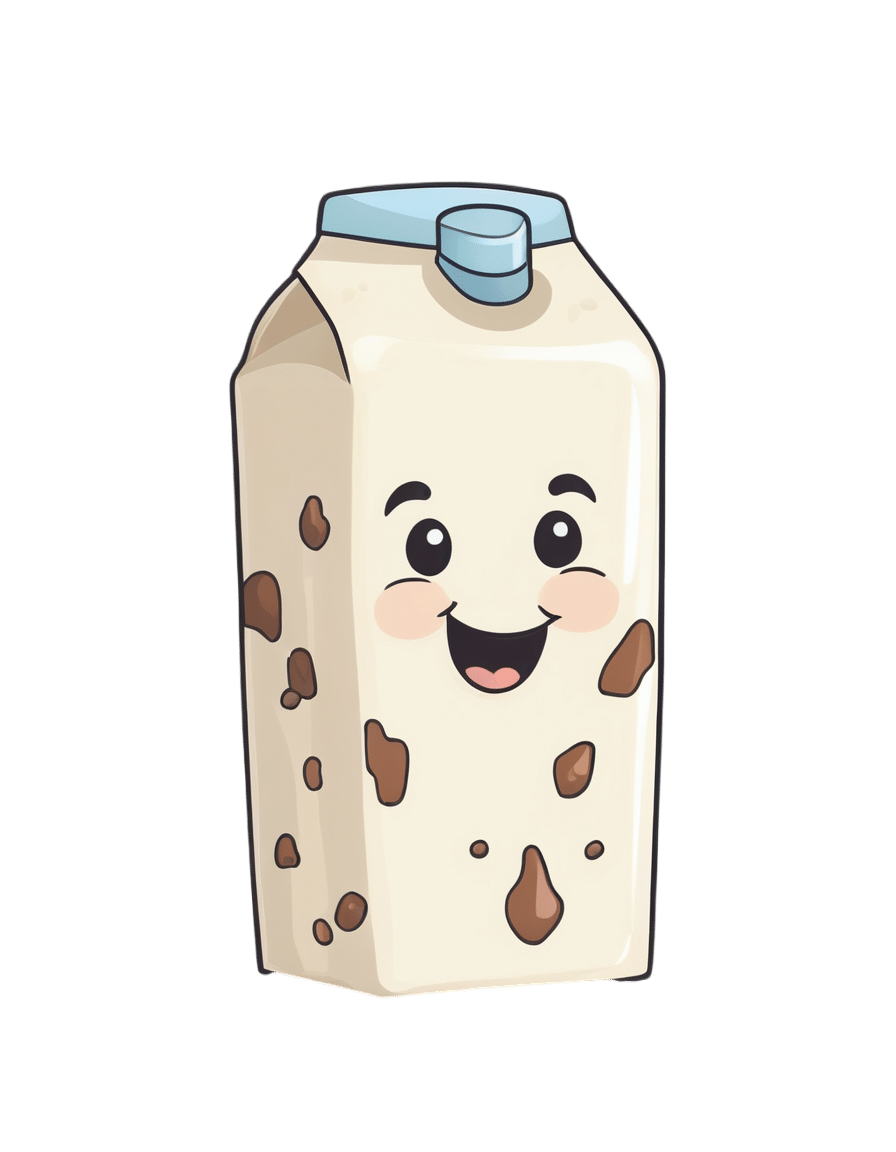
Is Dairy Scary?
10almonds is reader-supported. We may, at no cost to you, receive a portion of sales if you purchase a product through a link in this article.
Is Dairy Scary?
Milk and milk products are popularly enjoyed as a good source of calcium and vitamin D.
In contrast, critics of dairy products (for medical reasons, rather than ethical, which is another matter entirely and beyond the scope of this article) point to risks of cancer, heart disease, and—counterintuitively—osteoporosis. We’ll focus more on the former, but touch on the latter two before closing.
Dairy & Cancer
Evidence is highly conflicting. There are so many studies with so many different results. This is partially explicable by noting that not only is cancer a many-headed beast that comes in more than a hundred different forms and all or any of them may be affected one way or another by a given dietary element, but also… Not all milk is created equal, either!
Joanna Lampe, of the Public Health Sciences division, Fred Hutchinson Cancer Research Center in Seattle, writes:
❝Dairy products are a complex group of foods and composition varies by region, which makes evaluation of their association with disease risk difficult. For most cancers, associations between cancer risk and intake of milk and dairy products have been examined only in a small number of cohort studies, and data are inconsistent or lacking❞
In her systematic review of studies, she noted, for example, that:
- Milk and dairy products contain micronutrients and several bioactive constituents that may influence cancer risk and progression
- There’s probable association between milk intake and lower risk of colorectal cancer
- There’s a probable association between diets high in calcium and increased risk of prostate cancer
- Some studies show an inverse association between intake of cultured dairy products and bladder cancer (i.e., if you eat yogurt you’re less likely to get bladder cancer)
Since that systemic review was undertaken, more research has been conducted, and the results are… Not conclusive, but converging towards a conclusion:
- Dairy products can increase or decrease cancer risk
- The increase in cancer risk seems strongest when milk is consumed in quantities that result in too much calcium. When it comes to calcium, you can absolutely have too much of a good thing—just ask your arteries!
- The decrease in cancer seems to be mostly, if not exclusively, from fermented dairy products. This usually means yogurts. The benefit here is not from the milk itself, but rather from the gut-friendly bacteria.
You may be wondering: “Hardened arteries, gut microbiome health? I thought we were talking about cancer?” and yes we are. No part of your health is an island unrelated to other parts of your health. One thing can lead to another. Sometimes we know how and why, sometimes we don’t, but it’s best to not ignore the data.
The bottom line on dairy products and cancer is:
- Consuming dairy products in general is probably fine
- Yogurt, specifically, is probably beneficial
Dairy and Heart Disease
The reason for the concern is clear enough: it’s largely assumed to be a matter of saturated fat intake.
The best combination of “large” and “recent” that we found was a three-cohort longitudinal study in 2019, which pretty much confirms what was found in smaller or less recent studies:
- There is some evidence to suggest that consumption of dairy can increase all-cause mortality in general, and death from (cancer and) cardiovascular disease in particular
- The evidence is not, however, overwhelming. It is marginal.
Dairy and Osteoporosis
Does dairy cause osteoporosis? Research here tends to fall into one of two categories when it comes to conclusions, so we’ll give an example of each:
- “Results are conflicting, saying yes/no/maybe, and basically we just don’t know”
- “Results are conflicting, but look: cross-sectional and case-control studies say yes; cohort studies say maybe or no; we prefer the cohort studies”
See them for yourself:
- Osteoporosis: Is milk a kindness or a curse?
- Consumption of milk and dairy products and risk of osteoporosis and hip fracture
Conclusion: really, the jury is very much still out on this one
Summary:
- Moderate consumption of dairy products is almost certainly fine
- More specifically: it probably has some (small) pros and some (small) cons
- Yogurt is almost certainly healthier than other dairy products, and is almost universally considered a healthy food (assuming not being full of added sugar etc, of course)
- If you’re going to have non-dairy alternatives to milk, choose wisely!
That’s all we have time for today, but perhaps in a future edition we’ll do a run-down of the pros and cons of various dairy alternatives!
Don’t Forget…
Did you arrive here from our newsletter? Don’t forget to return to the email to continue learning!
Recommended
Learn to Age Gracefully
Join the 98k+ American women taking control of their health & aging with our 100% free (and fun!) daily emails:

Undo The Sun’s Damage To Your Skin
10almonds is reader-supported. We may, at no cost to you, receive a portion of sales if you purchase a product through a link in this article.
It’s often said that our skin is our largest organ. Our brain or liver are the largest solid organs by mass (which one comes out on top will vary from person to person), our gut is the longest, and our lungs are the largest by surface area. But our skin is large, noticeable, and has a big impact on the rest of our health.
The sun is one of the main damaging factors for our skin; assorted toxins are also a major threat for many people, and once the skin barrier gets broken, it’s a field-day for bacteria.
So, what can we do about it?
Tretinoin: the skin’s rejuvenator
Tretinoin is also called retinoic acid, not to be mistaken for retinol, although they are both retinoids. Tretinoin is much stronger.
As for what it’s stronger at:
It’s usually prescribed for the treatment of sun-damage, acne, and wrinkles. Paradoxically, it works by inflaming the skin (and then making it better, and having done so, keeping it better).
In few words: it encourages your skin to speed up its life cycle, which means that cells die and are replaced sooner, which means the average age of skin cells will be considerably younger at any given time.
This is the same principle as we see at work when it comes to cellular apoptosis and autophagy in general, and specifically the same idea as we discussed when talking about senolytics, compounds that kill aging cells:
Fisetin: The Anti-Aging Assassin
About that paradoxical inflammation…
❝The topical use of tretinoin as an antiacne agent began almost a half century ago. Since that time it has been successfully used to treat comedonal and inflammatory acne.
Over the intervening years, the beneficial effects of tretinoin have grown from an understanding of its potent cornedolytie-related properties to an evolving appreciation of its antiinflammatory actions.
…
The topical use of clindamycin and tretinoin as a combination treatment modality that includes antibacterial, comedolytic, and antiinflammatoiy properties has proven to be a very effective therapy for treating the various stages of acne
…
It is now becoming increasingly clear that there may be good reasons for these observations.❞
~ Drs. Schmidt & Gans, lightly edited here for brevity
Read in full: Tretinoin: A Review of Its Anti-inflammatory Properties in the Treatment of Acne
Against damage by the sun
The older we get, the more likely sun damage is a problem than acne. And in the case of tretinoin,
❝In several well-controlled clinical trials, the proportion of patients showing improvement was significantly higher with 0.01 or 0.05% tretinoin cream than with placebo for criteria such as global assessment, fine and coarse wrinkling, pigmentation and roughness.
Improvements in the overall severity of photodamage were also significantly greater with tretinoin than with placebo.
…
Several placebo-controlled clinical studies have demonstrated that topical tretinoin has significant efficacy in the treatment of photodamaged skin. Improvements in subjective global assessment scores were recorded in:
49–100% of patients using once-daily 0.01% tretinoin,
68–100% of patients using 0.05% tretinoin, and
0–44% of patients using placebo.❞
~ Drs. Wagstaff & Noble
…which is quite compelling.
Read in full: Tretinoin: A Review of its Pharmacological Properties and Clinical Efficacy in the Topical Treatment of Photodamaged Skin
This is very well-established by now; here’s an old paper from when the mechanism of action was unknown (here in the current day, 17 mechanisms of action have been identified; beyond the scope of this article as we only have so much room, but it’s nice to see science building on science):
❝Tretinoin cream has been used extensively to reverse the changes of photoaging. It is the first topical therapy to undergo controlled clinical testing and proved to be efficacious. These results have been substantiated with photography, histopathologie examination, and skin surface replicas.
…
Tretinoin cream has an excellent safety record; a local cutaneous hypervitaminosis A reaction is the only common problem.❞
~ Dr. Goldfarb et al.
Read in full: Topical tretinoin therapy: Its use in photoaged skin
Is it safe?
For most people, when used as directed*, yes. However, it’s likely to irritate your skin at first, and that’s normal. If this persists more than a few weeks, or seems unduly severe, then you might want to stop and talk to your doctor again.
*See also: Scarring following inappropriate use of 0.05% tretinoin gel
(in the case of a young woman who used it 4x daily instead of 1x daily)
Want to try some?
Tretinoin is prescription-only, so speak with your doctor/pharmacist about that. Alternatively, retinol is the strongest natural alternative that works on the same principles; here’s an example product on Amazon 😎
Take care!
Share This Post

Peony Against Inflammation & More
10almonds is reader-supported. We may, at no cost to you, receive a portion of sales if you purchase a product through a link in this article.
Yes, this is about the flower, especially white peony (Paeonia lactiflora), and especially the root thereof (Paeoniae radix alba). Yes, the root gets a different botanical name but we promise it is the same plant. You will also read about its active glycoside paeoniflorin, and less commonly, albiflorin (a neuroprotective glycoside present in the root).
It’s one of those herbs that has made its way out of Traditional Chinese Medicine and into labs around the world.
It can be ingested directly as food, or as a powder/capsule, or made into tea.
Anti-inflammatory
Peony suppresses inflammatory pathways, which thus reduces overall inflammation. In particular, this research review found:
❝Pharmacologically, paeoniflorin exhibits powerful anti-inflammatory and immune regulatory effects in some animal models of autoimmune diseases including Rheumatoid Arthritis (RA) and Systemic Lupus Erythematosus (SLE)❞
The reviewers also (albeit working from animal models) suggest it may be beneficial in cases of kidney disease and liver disease, along with other conditions.
Here’s a larger review, which also has studies involving humans (and in vivo studies), that found it to effectively help treat autoimmune conditions including rheumatoid arthritis and psoriasis, amongst others:
❝Modern pharmacological research on TGP is based on the traditional usage of PRA, and its folk medicinal value in the treatment of autoimmune diseases has now been verified. In particular, TGP has been developed into a formulation used clinically for the treatment of autoimmune diseases.
Based on further research on its preparation, quality control, and mechanisms of action, TGP is expected to eventually play a greater role in the treatment of autoimmune diseases. ❞
(TGP = Total Glucosides of Paeony)
Antidepressant / Anxiolytic
It also acts as a natural serotonin reuptake inhibitor (as per many pharmaceutical antidepressants), by reducing the expression of the serotonin transporter protein:
Gut Microbiota-Based Pharmacokinetics and the Antidepressant Mechanism of Paeoniflorin
(remember, most serotonin is produced in the gut)
Here’s how that played out when tested (on rats, though):
Against PMS and/or menopause symptoms
Peony is widely used in Traditional Chinese Medicine to reduce these symptoms in general. However, we couldn’t find a lot of good science for that, although it is very plausible (as the extract contains phytoestrogens and may upregulate estrogen receptors while dialling down testosterone production). Here’s the best we could find for that, and it’s a side-by-side along with licorice root:
❝Paeoniflorin, glycyrrhetic acid and glycyrrhizin decreased significantly the testosterone production but did not change that of delta 4-androstenedione and estradiol. Testosterone/delta 4-androstenedione production ratio was lowered significantly by paeoniflorin, glycyrrhetic acid and glycyrrhizin❞
Effect of paeoniflorin, glycyrrhizin and glycyrrhetic acid on ovarian androgen production
(note: that it didn’t affect estradiol levels is reasonable; it contains phytoestrogens after all, not estradiol—and in fact, if you are taking estradiol, you might want to skip this one, as its phytoestrogens could compete with your estradiol for receptors)
Want to try some?
We don’t sell it, but here for your convenience is an example product on Amazon 😎
Enjoy!
Share This Post

The Imperfect Nutritionist – by Jennifer Medhurst
10almonds is reader-supported. We may, at no cost to you, receive a portion of sales if you purchase a product through a link in this article.
The idea of the “imperfect nutritionist” is to note that we’re all different with slightly different needs and sometimes very different preferences (or circumstances!) and having a truly perfect diet is probably a fool’s errand. Should we just give up, then? Not at all:
What we can do, Medhust argues, is find what’s best for us, realistically.
It’s better to have an 80% perfect diet 80% of the time, than to have a totally perfect diet for four and a half meals before running out of steam (and ingredients).
As for the “seven principles” mentioned in the title… we’re not going to keep those a mystery; they are:
- Focusing on wholefood
- Being diverse
- Knowing your fats
- Including fermented, prebiotic and probiotic foods
- Reducing refined carbohydrates
- Being aware of liquids
- Eating mindfully
The first part of the book is a treatise on how to implement those principles in your diet generally; the second part of the book is a recipe collection—70 recipes, with “these ingredients will almost certainly be available at your local supermarket” as a baseline. No instances of “the secret to being a good chef is knowing how to source fresh ingredients; ask your local greengrocer where to find spring-harvested perambulatory truffle-cones” here!
Basically, it focusses on adding healthy foods per your personal preferences and circumstances, and building these up into a repertoire of meals that will keep you and your family happy and healthy.
Pick Up Your Copy Of The Imperfect Nutritionist From Amazon Today!
Share This Post
Related Posts

Do Probiotics Work For Weight Loss?
10almonds is reader-supported. We may, at no cost to you, receive a portion of sales if you purchase a product through a link in this article.
It’s Q&A Day at 10almonds!
Have a question or a request? We love to hear from you!
In cases where we’ve already covered something, we might link to what we wrote before, but will always be happy to revisit any of our topics again in the future too—there’s always more to say!
As ever: if the question/request can be answered briefly, we’ll do it here in our Q&A Thursday edition. If not, we’ll make a main feature of it shortly afterwards!
So, no question/request too big or small
❝Can you talk about using probiotics for weight loss? Thanks❞
Great question! First, a quick catch-up:
How Much Difference Do Probiotic Supplements Make, Really?
Our above-linked article covers a number of important benefits of probiotic supplements, but we didn’t talk about weight loss at all. So let’s examine whether probiotics are useful for weight loss.
Up-front summary: the science is unclear
This 2021 systematic review found that they are indeed very effective:
❝The intake of probiotics or synbiotics could lead to significant weight reductions, either maintaining habitual lifestyle habits or in combination with energy restriction and/or increased physical activity for an average of 12 weeks.
Specific strains belonging to the genus Lactobacillus and Bifidobacterium were the most used and those that showed the best results in reducing body weight.
Both probiotics and synbiotics have the potential to help in weight loss in overweight and obese populations.❞
This slightly older (2015) systematic review and meta-analysis found the opposite:
❝Collectively, the RCTs examined in this meta-analysis indicated that probiotics have limited efficacy in terms of decreasing body weight and BMI and were not effective for weight loss.❞
Source: Probiotics for weight loss: a systematic review and meta-analysis
And in case that’s not balanced enough, this 2020 randomized controlled trial got mixed results:
❝Regression analysis performed to correlate abundance of species following supplementation with body composition parameters and biomarkers of obesity found an association between a decrease over time in blood glucose and an increase in Lactobacillus abundance, particularly in the synbiotic group.
However, the decrease over time in body mass, BMI, waist circumstance, and body fat mass was associated with a decrease in Bifidobacterium abundance.❞
Source: Effects of Synbiotic Supplement on Human Gut Microbiota, Body Composition and Weight Loss in Obesity
Summary
Probiotics may or may not work for weight loss.
In all likelihood, it depends on the blend of cultures contained in the supplement. It’s possible that Lactobacillus is more beneficial for weight loss than Bifidobacterium, which latter may actually reduce weight loss.
Or it might not, because that was just one study and correlation ≠ causation!
We’d love to give you a hard-and-fast answer, but if the data doesn’t support a hard-and-fast answer, we’re not going to lie to you.
What we can say for sure though is that probiotics come with very many health benefits, so whether or not weight loss is one of them, they’re a good thing to have for most people.
Some further articles that may interest you:
- How Much Difference Do Probiotic Supplements Make, Really? ← the aforementioned article
- Making Friends With Your Gut (You Can Thank Us Later) ← gut health 101
- Burn! How To Boost Your Metabolism ← these things can help change your metabolic base rate, which is highly relevant to weight loss
- How To Do HIIT (Without Wrecking Your Body) ←unlike most forms of exercise, which cause the body to slow the metabolism afterwards to compensate, high-intensity interval training results in an increased metabolic rate (so generally: fat-burning) for several hours after training.
Take care!
Don’t Forget…
Did you arrive here from our newsletter? Don’t forget to return to the email to continue learning!
Learn to Age Gracefully
Join the 98k+ American women taking control of their health & aging with our 100% free (and fun!) daily emails:

Beyond Balancing The Books – by George Marino, CPA, CFP
10almonds is reader-supported. We may, at no cost to you, receive a portion of sales if you purchase a product through a link in this article.
We hear a lot about the importance of mindfulness, yet how can Zen-like non-attachment to the material world go well with actually surviving (let alone thriving) in a Capitalist society?
Books that try to connect the two often end up botching it badly to the level of early 2000s motivational posters.
So, what does this book do differently? Mostly it’s because rather than a motivational speech with exhortations to operate on a higher plain and manifest your destiny and all that, it gives practical, down-to-earth advice and offers small simple things you can do or change to mindfully engage with the world of business rather than operating on auto-pilot.
Basically: how to cut out the stress without cutting out your performance.
All in all, we think both your health and your productivity will thank you for it!
Take Your Business (and Brain) “Beyond Balancing The Books” Today
Don’t Forget…
Did you arrive here from our newsletter? Don’t forget to return to the email to continue learning!
Learn to Age Gracefully
Join the 98k+ American women taking control of their health & aging with our 100% free (and fun!) daily emails:

Spermidine For Longevity
10almonds is reader-supported. We may, at no cost to you, receive a portion of sales if you purchase a product through a link in this article.
It’s Q&A Day at 10almonds!
Have a question or a request? We love to hear from you!
In cases where we’ve already covered something, we might link to what we wrote before, but will always be happy to revisit any of our topics again in the future too—there’s always more to say!
As ever: if the question/request can be answered briefly, we’ll do it here in our Q&A Thursday edition. If not, we’ll make a main feature of it shortly afterwards!
So, no question/request too big or small 😎
❝How much evidence is there behind the longevity-related benefit related to spermidine, and more specifically, does it cause autophagy?❞
A short and simple answer to the latter question: yes, it does:
Spermidine: a physiological autophagy inducer acting as an anti-aging vitamin in humans?
For anyone wondering what autophagy is: it’s when old cells are broken down and consumed by the body to make new ones. Doing this earlier rather than later means that the genetic material is not yet so degraded when it is copied, and so the resultant new cell(s) will be “younger” than if the previous cell(s) had been broken down and recycled when older.
Indeed, we have written previously about senolytic supplements such as fisetin, which specialize in killing senescent (aging) cells earlier:
Fisetin: The Anti-Aging Assassin
As for spermidine and longevity, because of its autophagy-inducing properties, it’s considered a caloric restriction mimetic, that is to say, it has the same effect on a cellular level as caloric restriction. And yes, while it’s not an approach we regularly recommend here (usually preferring intermittent fasting as a CR-mimetic), caloric restriction is a way to fight aging:
Is Cutting Calories The Key To Healthy Long Life?
As for how spermidine achieves similarly:
Spermidine delays aging in humans
However! Both of the scientific papers on spermidine use in humans that we’ve cited so far today have conflict of interests statements made with regard to the funding of the studies, which means there could be some publication bias.
To that end, let’s look at a less glamorous study (e.g. no “in humans” in the title because, like most longevity studies, it’s with non-human animals with naturally short lifespans such as mice and rats), like this one that finds it to be both cardioprotective and neuroprotective and having many anti-aging benefits mediated by inducing autophagy:
A review on polyamines as promising next-generation neuroprotective and anti-aging therapy
(the polyamines in question are spermidine and putrescine, which latter is a similar polyamine)
Lastly, let’s answer a few likely related questions, so that you don’t have to Google them:
Does spermidine come from sperm?
Amongst other places (including some foods, which we’ll come to in a moment), yes, spermidine is normally found in semen (in fact, it’s partly responsible for the normal smell, though other factors influence the overall scent, such as diet, hormones, and other lifestyle factors such as smoking, alcohol use etc) and that is how/where it was first identified.
Does that mean that consuming semen is good for longevity?
Aside from the health benefits of a healthy sex life… No, not really. Semen does contain spermidine (as discussed) as well as some important minerals, but you’d need to consume approximately 1 cup of semen to get the equivalent spermidine you’d get from 1 tbsp of edamame (young soy) beans.
Unless your lifestyle is rather more exciting than this writer’s, it’s a lot easier to get 1 tbsp of edamame beans than 1 cup of semen.
Here are how some top foods stack up, by the way—we admittedly cherry-picked from the near top of the list, but wheatgerm is an even better source, with cheddar cheese and mushrooms (it was shiitake in the study) coming after soy:
Frontiers in Nutrition | Polyamines in Food
Alternatively, if you prefer to just take it in supplement form, here’s an example product on Amazon, giving 5mg per capsule (which is almost as much as the 1 cup of semen or 1 tbsp of edamame that we mentioned earlier).
Enjoy!
Don’t Forget…
Did you arrive here from our newsletter? Don’t forget to return to the email to continue learning!
Learn to Age Gracefully
Join the 98k+ American women taking control of their health & aging with our 100% free (and fun!) daily emails:


